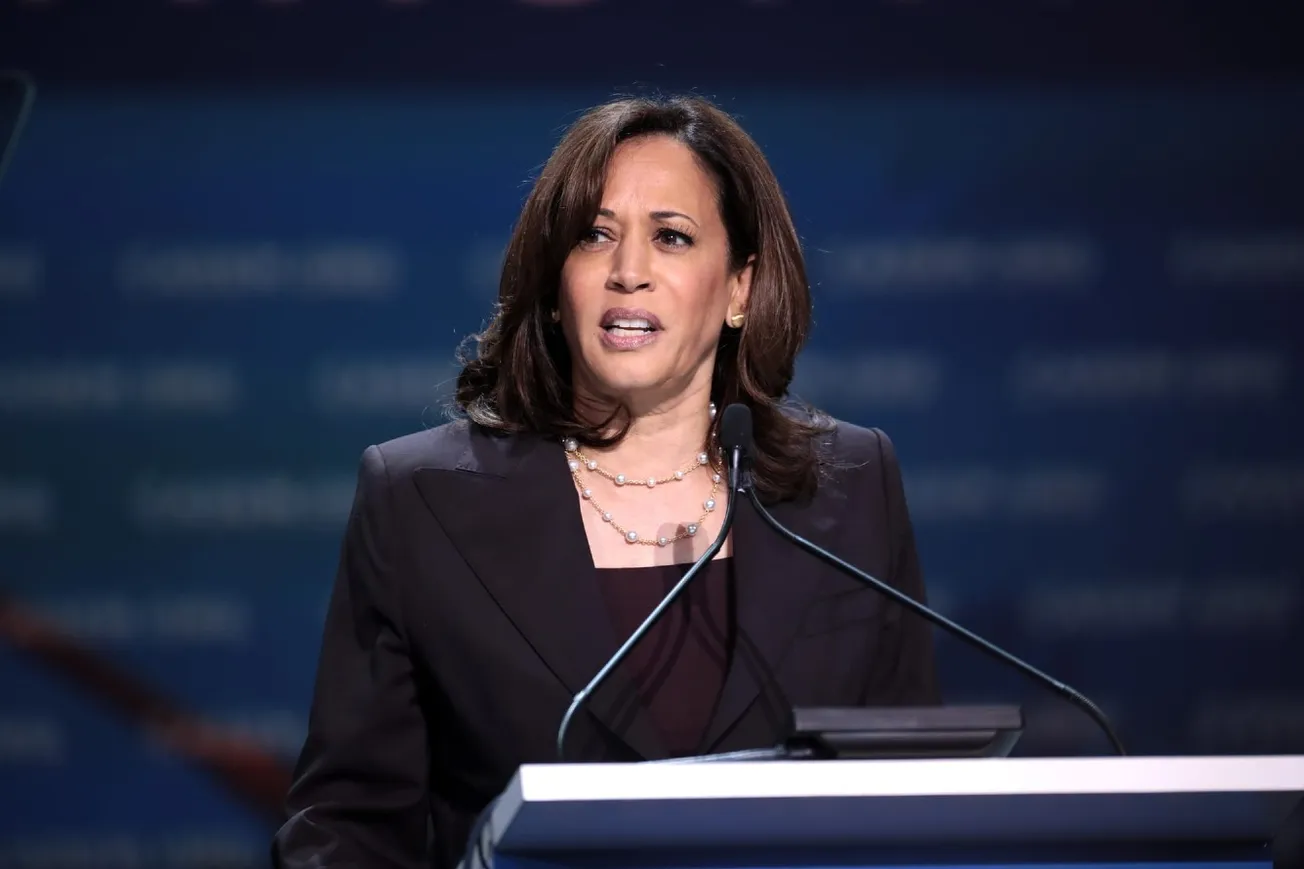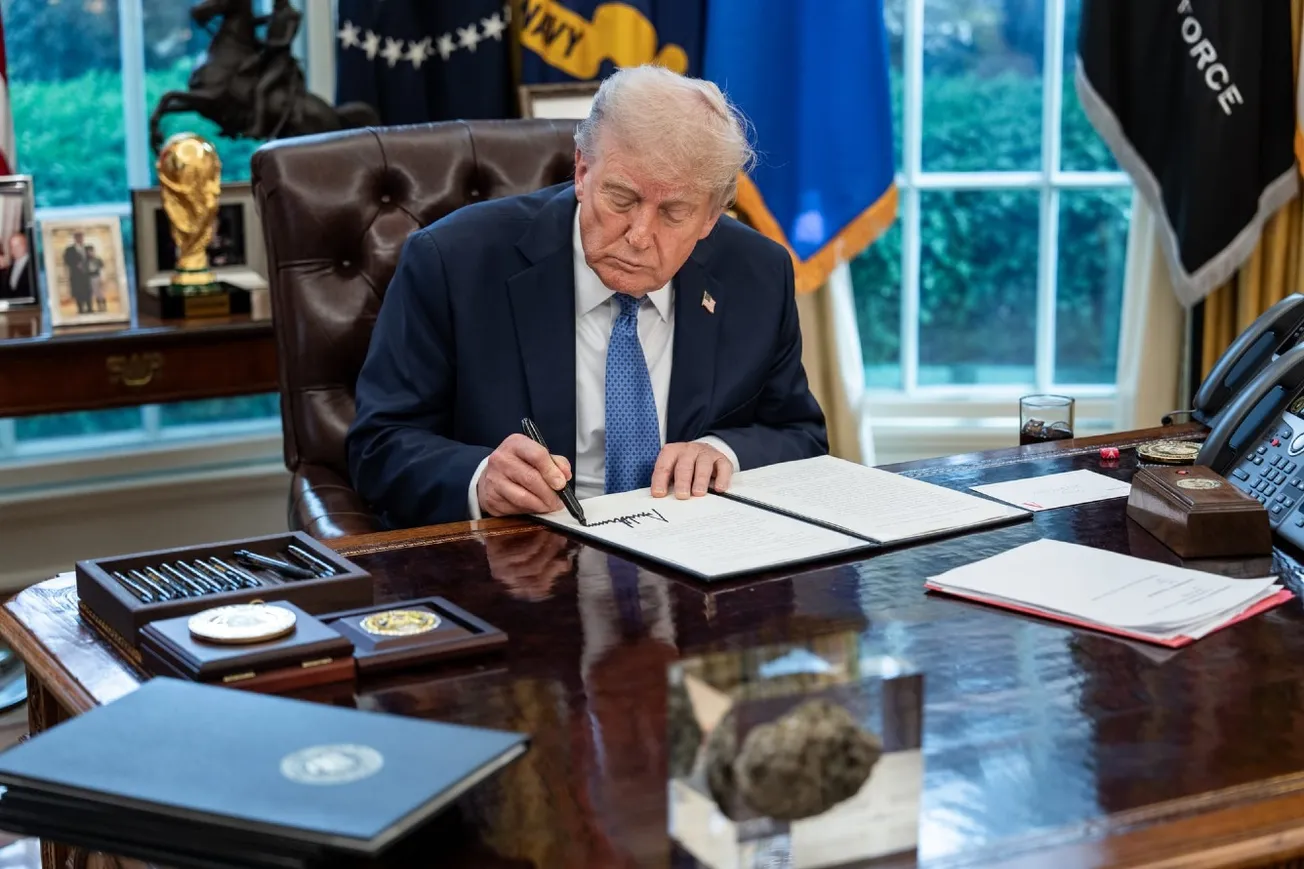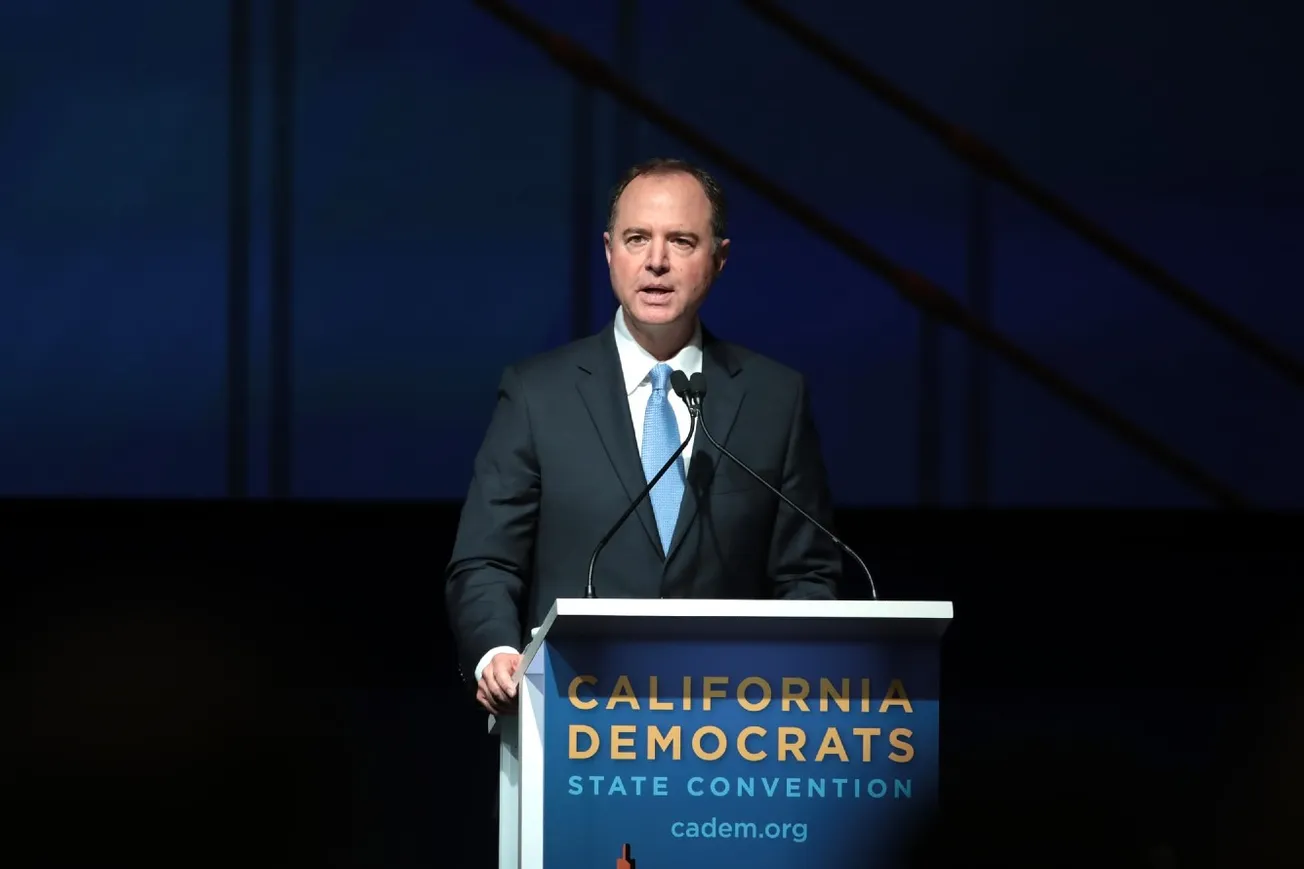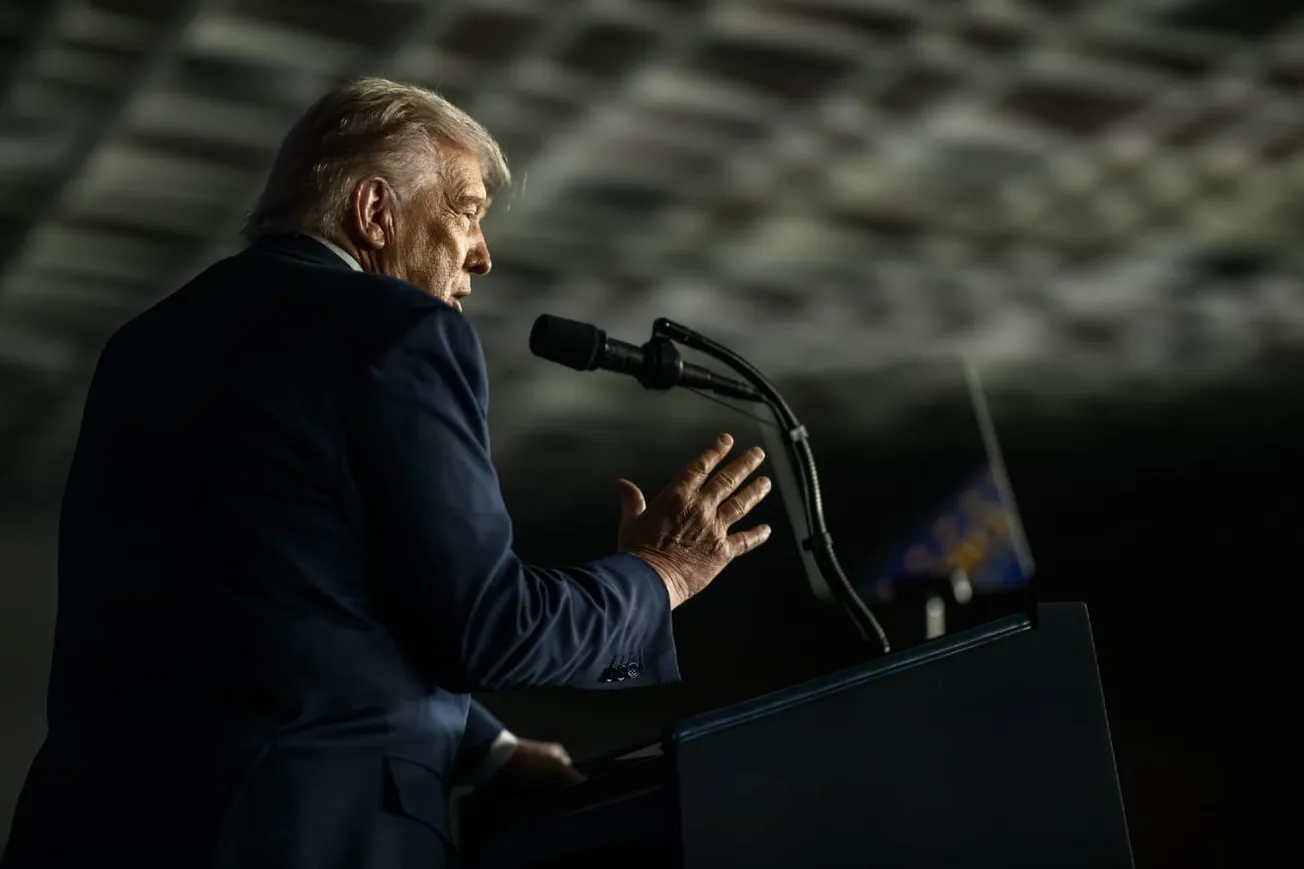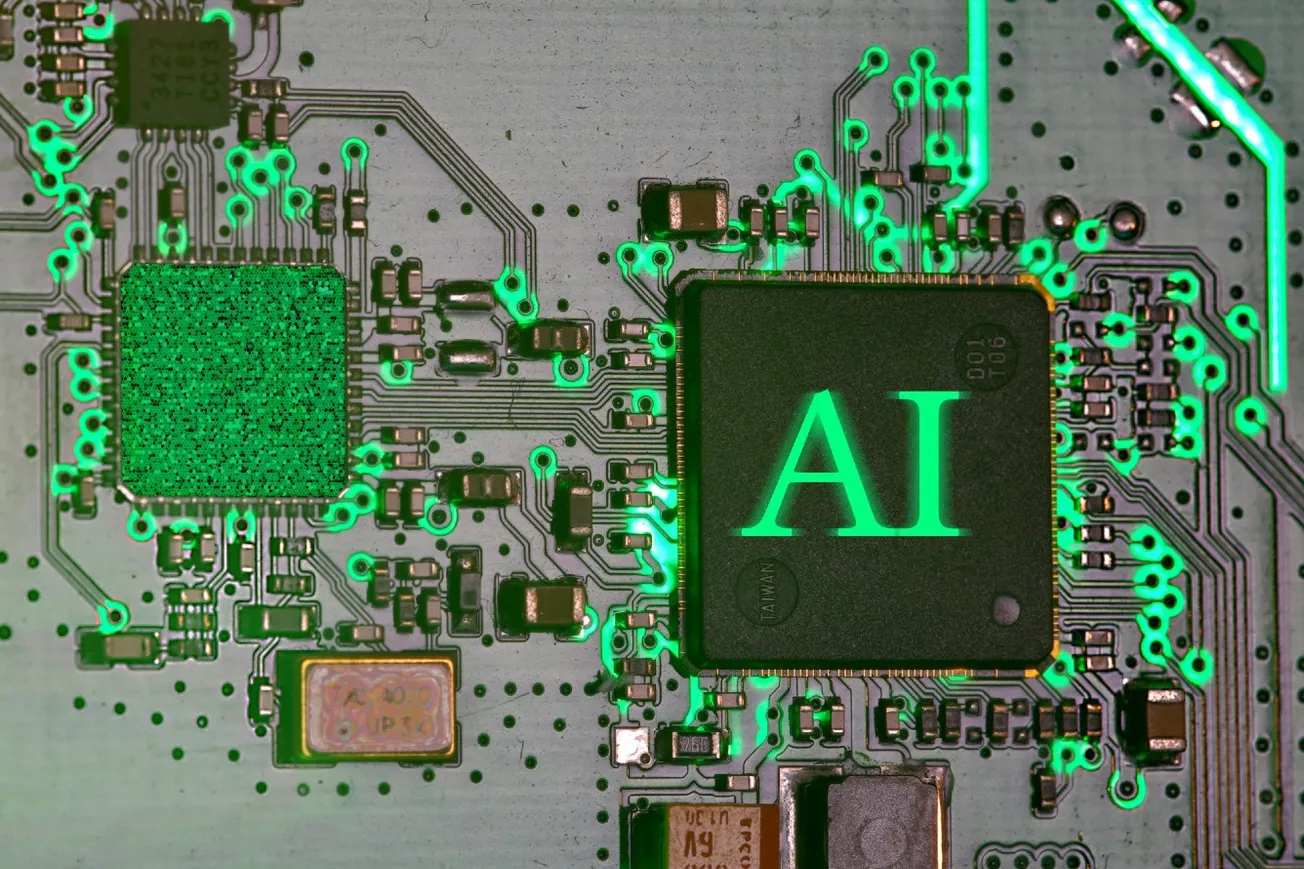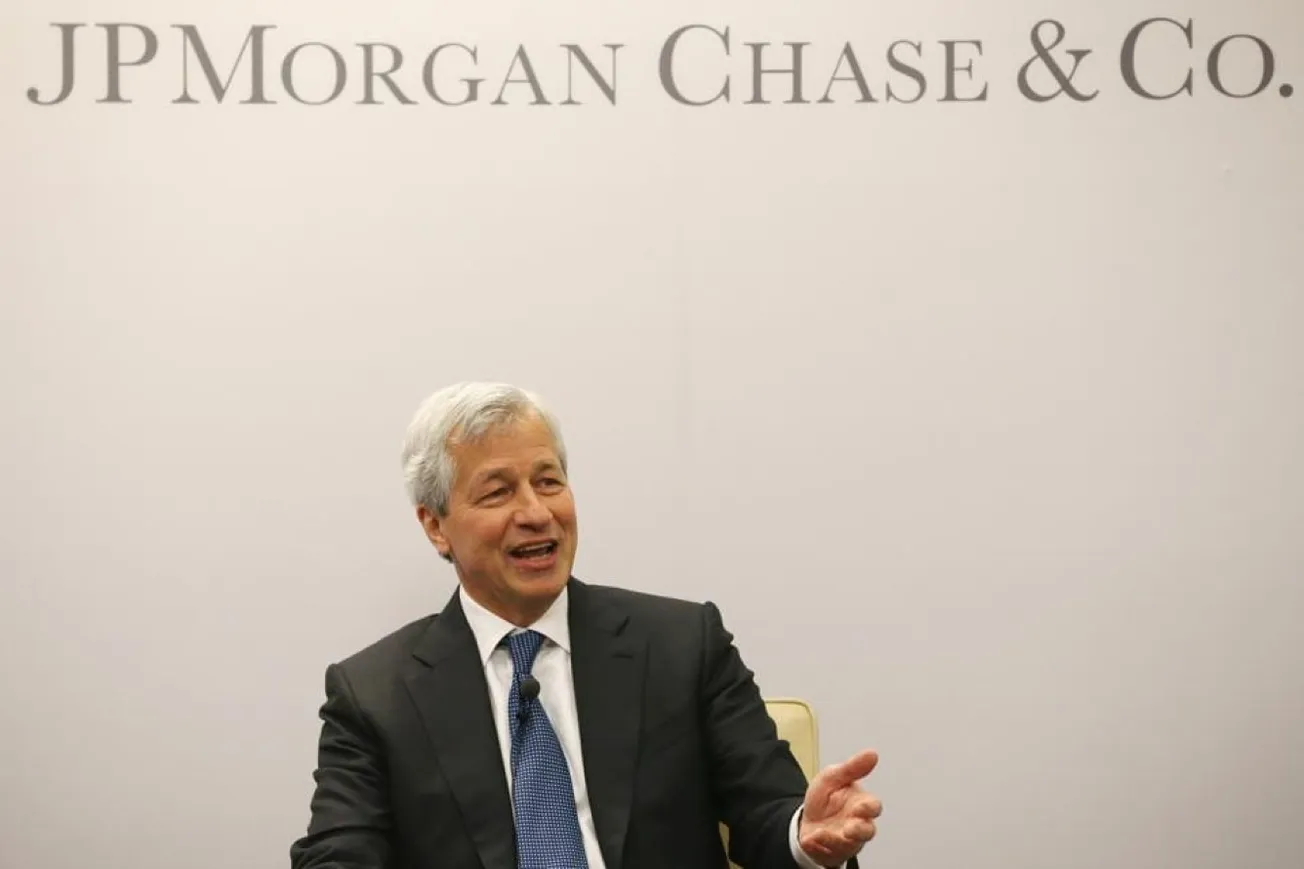Federal judge Aileen M. Cannon found that Attorney General Merrick Garland's appointment of Jack Smith as special counsel violated the Appointments Clause of the United States Constitution. The only remedy, Judge Cannon said in her highly technical legal analysis running to 93 pages, was to dismiss the entire case.
The judge also held that the Special Counsel's expenses in prosecuting the case - Smith reported spending nearly $24 million in federal taxpayer funds in fewer than ten months after his appointment, indicating a virtually limitless budget - violated the Appropriations Clause. However, Judge Cannon did not prescribe any remedies for this violation.
The judgment was an astonishing setback to the aggressive prosecutorial techniques adopted by Smith and his team, all of whom frequently sparred with Judge Cannon in her courtroom. Cannon initially appointed an independent arbiter, called the Special Master, to review which seized documents from Mar-a-Lago were classified. Only after the work of the Special Master, Cannon ruled, could the Special Counsel use the approved seized materials for investigation purposes and craft any impending indictment. Triggering the vitriol between the prosecution and the judge, the Special Counsel appealed her decision and had it overturned by the 11th Circuit.
The legal issues regarding Smith's appointment were deeply technical and involved an exhaustive review of federal statutes, DOJ procedures, and court rulings. The Landmark Legal Foundation summarized them excellently after Supreme Court Justice Clarence Thomas also questioned the constitutionality of Smith's appointment. The foundation was one of three parties to file Friend of Court briefs.
The Left and media outlets expressed outright anger at Cannon's judgment. The Special Counsel is sure to appeal, but the judgment's deliberate and detailed technical legal analysis will ensure that sound legal minds in the appeals court will have to consider carefully how they would rule. Given the import of the decision - of an unapproved officer of the United States prosecuting a former president - the case is bound to go back to the Supreme Court.
The immediate result is that Trump will face no legal consequences before the election. Coupled with the stalled case in the Georgia RICO suit and the Supreme Court's 6-3 decision granting presidents immunity for official acts and sending the case back to the D.C. trial judge, Trump may not face court time anytime soon. Many of the 34 felony counts in the Manhattan case also relied on Trump's time as president, counts that would have to be invalidated following the Supreme Court's immunity decision.
It is little wonder that the Left is fuming. And the news cycles have been extremely unfriendly to Trump haters.
Since the disastrous Atlanta debate, President Biden has tried to neutralize a silent uprising in the Democratic Party whether he should be replaced through steady performances in front of ABC News and the NATO press conference, both of which fell short of expectations. Early July is not the time for the incumbent president to have to defend his position as the party's leader, but with the media spotlight all on Biden and shining focus on every misstep, the campaign has gone on the defensive.
It had been forty-three years since a president had been shot. When former President Trump, while speaking at a rally in Butler, PA, was shot on July 13, 2024, with video shots showing his right ear slightly damaged, the political momentum swung back to Trump in a positive way. When Americans gasped that Trump was literally an inch away from being killed, the Left's narrative to attack Trump as an anti-Democratic Hitler had to stop. Nothing is more undemocratic than a bullet trying to assassinate the presumptive Republican nominee.
The Left further cringed at one of the best images in United States history - Trump, rising again with security officers all around him, throwing up his fists, urging the camera (and America) to "fight," with the American flag as a backdrop. Political campaigns spend millions of dollars to create the right stage for their candidates to convey Americanness- such as standing in front of a John Deer combine on an Iowa farm - but the Trump image was exemplary for what it conveyed. A leader who has been attacked by the Left's lawfare, countless investigations, and two impeachments had finally faced the near-ultimate attack - of a gunman's bullet. Not only did Trump survive, but he also had the TV presence of mind to insist that he walked on his own power to the presidential limousine before being whisked away.
Such is the political reality of the Democratic Party infighting that Vice President Kamala Harris, who could well be their candidate going up against Trump in November, was also in the news. In a surreal elevation of duties, Trump's bitter critic issued a statement, saying she and Doug Emhoff, the second gentleman, were "relieved" that former President Trump was "not seriously injured," as though a little bit of injury was not that objectionable.
She followed it up with: "Violence such as this has no place in our nation. We must all condemn this abhorrent act and do our part to ensure that it does not lead to more violence." Harris had failed the first test of sounding presidential. One doesn't fear more violence when a former president is shot, especially when initial reports pointed to a lone gunman. Expressing empathy for her formidable opponent and his supporters would have been a lot more statesman-like. The repercussions of the shooting can come later.
With the Republican National Convention starting in Milwaukee, the news cycle is even faster than before. And Trump is expected to reveal his VP nominee.
Critics of the Cannon judgment will no doubt scream for air time on the networks but will be drowned out by so many things happening. Judge Cannon was brilliant in issuing her seismic ruling on Monday.


